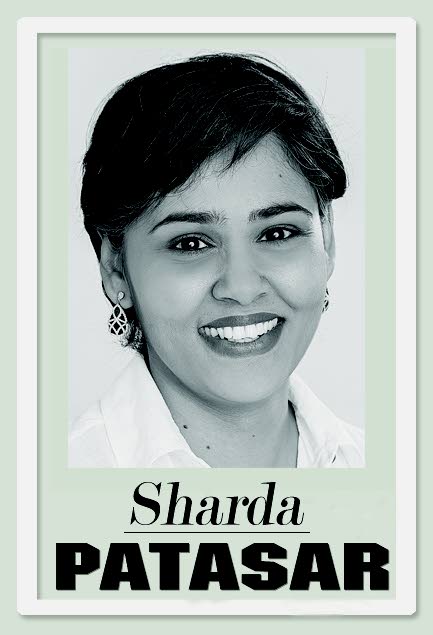Reading lists

Last week, a LoopTT headline popped up when I searched the BBC’s list of 100 most influential books.
VS Naipaul Makes BBC’s list of 100 most influential novels.
I felt affronted. And I steupsed.
“I don’t like the use of that word ‘makes.’ Makes?” I said, walking and flinging my arms around, dismissing this as an act of journalistic myopia.
“I thought that was a given. As if he had to earn it. Why do they think he had to ‘make’ it?”
I steupsed again.
I got a look over the spectacles that said, "Woman. Calm yourself."
I wasn’t ranting. Just for the record. I was simply indignant. My indignation arises, one supposes, from the knowledge that Naipaul remains a guiding hand. His body of work, some of which I re-read constantly, has shaped and also given legitimacy to some of my own thoughts and feelings. Each reading yields something new, like finding another piece of a puzzle that I have been building over 20-odd years. I don’t expect the puzzle to be done, but each discovery is always another breath that eases.
I planned to write this week’s column on the BBC list, but then decided that I should add my own list of books, which of course cannot be a full account given my limit of 800 words in this space.
However, should I begin with the books that inhabited the imagination of this child? Enid Blyton’s The Famous Five, Malory Towers and Anne of Green Gables certainly influenced a vision of the natural and social world. While they were not local settings, one could find among them characters who were similar in temperament to those in real life. And they were the hub where personal dreams were built.
Childhood is a particularly fertile time, a time when we begin to find and negotiate a space.
I, for one, could be found up the plum tree in our backyard, having my fill of governor plums while balancing on a branch, reading. On satsangh days, which were particularly strenuous on account of the overwhelming presence of people, I slept, thinking, like the ostrich, that I was making myself invisible. That way, my parents would forget me at home and I would be afforded the opportunity to read at leisure.
This could have worked, my father been in charge. Unfortunately, my mother’s memory is sharp and I suppose, she wouldn’t forget her child.
But this attention served me when I contracted typhoid fever in India. While the doctors were treating me for the common cold, she insisted that this was not the flu. The doctor was fired, another employed and I was provided with the correct diagnosis.
I was laid up in bed for a month, unable to walk, which of course meant that I was alone with my imagination for days.
In those days, I received books at least three times a week. Valery Medvedev’s Barankin’s Fantasy World was perhaps the first book to shape my sense of the natural world. It was a pre-Robert Macfarlane time. In his dream, Barankin takes the form of an insect, though I cannot remember which exactly, and the story is told from that perspective. He regained his human form and I breathed a sigh of relief. I couldn’t look at a bird or an insect the same way after that, imagining the dangers they faced daily.
Among the BBC list is Arundhati Roy’s The God of Small Things, a book that continues to be, in my mind, one of the most poetic works of prose that I have read. I return to it from time to time to remind myself of its rhythm, to remind myself of how pain expresses itself.
As I write this, thinking about writers like Naipaul and Zadie Smith, whom I read for ideas, Arundhati Roy and Rohinton Mistry for storytelling, I think about what each of these writers means to me personally. I realize that I do not so much remember characters as I do the language and the ideas presented. Perhaps this is why my current reading list comprises more biographies and travel writing – Pico Iyer, Edward Said’s Out of Place, Oliver Sacks’ On The Road, Ruth Reichl’s various memoirs of food – worlds that offer creative spaces, experiences that one either connects with or feels distant from. Each is valuable.
The BBC’s list is, of course, not an exhaustive one. It is simply a selection of books that shaped the world of a few people.
However, I couldn’t resist the urge to wonder what our selection of books would look like. What sort of reading sensibility would it highlight and what story would it tell, of our social and cultural development?

Comments
"Reading lists"